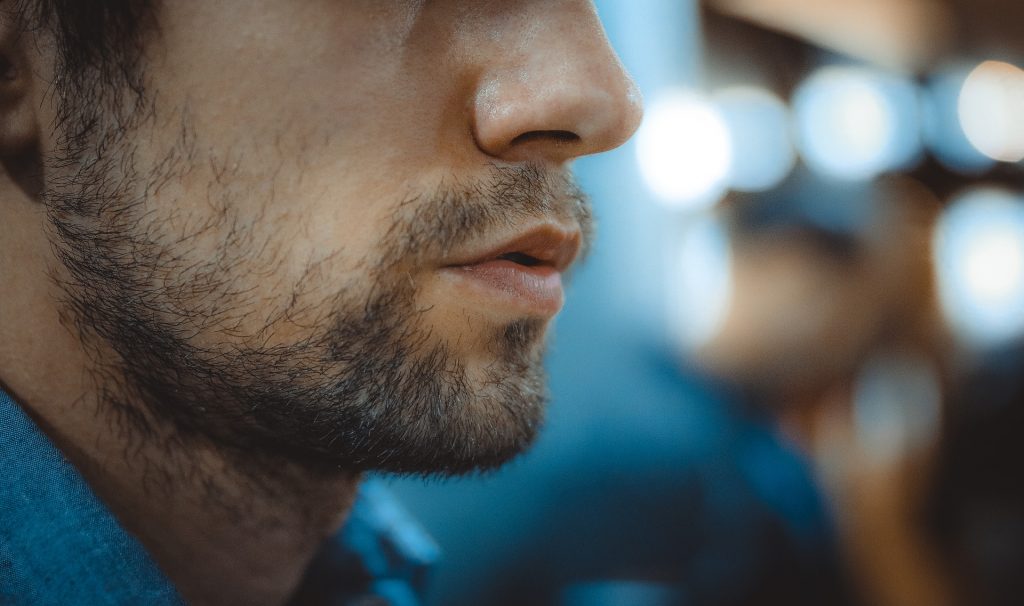Addictions and Recovery

Whole Person Counseling provide addiction recovery for Englewood, CO | Centennial, CO | Highlands Ranch, CO | Lone Tree, CO | Parker, CO | Littleton, CO
An addiction is a chronic disorder involving experiential avoidance, patterned behavior and physiological tolerance to a substance, and/or an activity, the substance and/or activity gives them an immense amount of pleasure. However, the substance and/or activity, addiction, has become detrimental to their everyday life. Addictions to substances and/or activities can temporarily provide experiential avoidance, a false sense of relaxation, confidence, control, validation or other emotions lacking in one’s life. The addiction and it’s related behavior may not stop until the root of the problem is addressed, even when an individual has ceased using the substance and/or activity on their own i.e. without treatment.
Addiction changes the brain through the limbic system, where it releases the endorphin Dopamine, also known as the “brain reward system.” This part of the brain and Dopamine are responsible for producing feelings of pleasure, which then trigger the brain to manifest thoughts such as, “I deserve this,” or “Let’s do that again.” The abuse of addictive substances and/or activities triggers this system which can prolong a continuous cycle of destructive behavior.
Common addictions include but are not limited to:
- Substances (Drugs and/or alcohol)
- Video Gaming
- Gambling
- Sex
- Pornography
- Internet/Social Media
- Shopping
- Eating
Seek Professional Assistance
 People who have developed an addiction may be unaware that it is out of control, which is why counseling is an essential part of working through and managing this condition. An addiction of any sort can be exhausting and one should never go through the recovery process alone.
People who have developed an addiction may be unaware that it is out of control, which is why counseling is an essential part of working through and managing this condition. An addiction of any sort can be exhausting and one should never go through the recovery process alone.
Many treatment plans focus on talk therapy and behavior therapy and can be performed in a group or through one-on-one sessions. During these sessions, patients analyze the reasons behind their addiction(s), what triggers are and what helped them control impulses in the past. Patients also learn coping skills so they can manage the compulsions without relapsing.
Additionally, addictions are commonly accompanied by trauma, mental health, personality disorders, and traumatic brain injuries, these are referred to has Co-Occurring Disorders. Co-Occurring disorders are estimated to be present in 68-72% of all cases. Further, it’s estimated that 60% of all human beings, roughly 7.7 billion in the world, will suffer with major addiction symptoms in their lifetime. Finally, it’s estimated that 98.5% of all individuals abusing or addicted to substances and/or activities have experienced trauma that has been unresolved/treated.
When accessing an addiction counselor it’s very important to find an individual who’s adept at treating Co-Occurring disorders, as well. Addiction counselors who treat Co-Occurring disorders are highly skilled/trained to treat complex combinations of disorders, as well as disorders occurring on their own i.e. addictions, trauma, mental health, personality disorders and traumatic brain injury symptoms.
Call Today For 50% Off Of Your First Appointment/Consultation!
303-842-2505 | Send Email
In-Home Sessions Available Upon Request
On-Line & Telephone Sessions Available Upon Request

